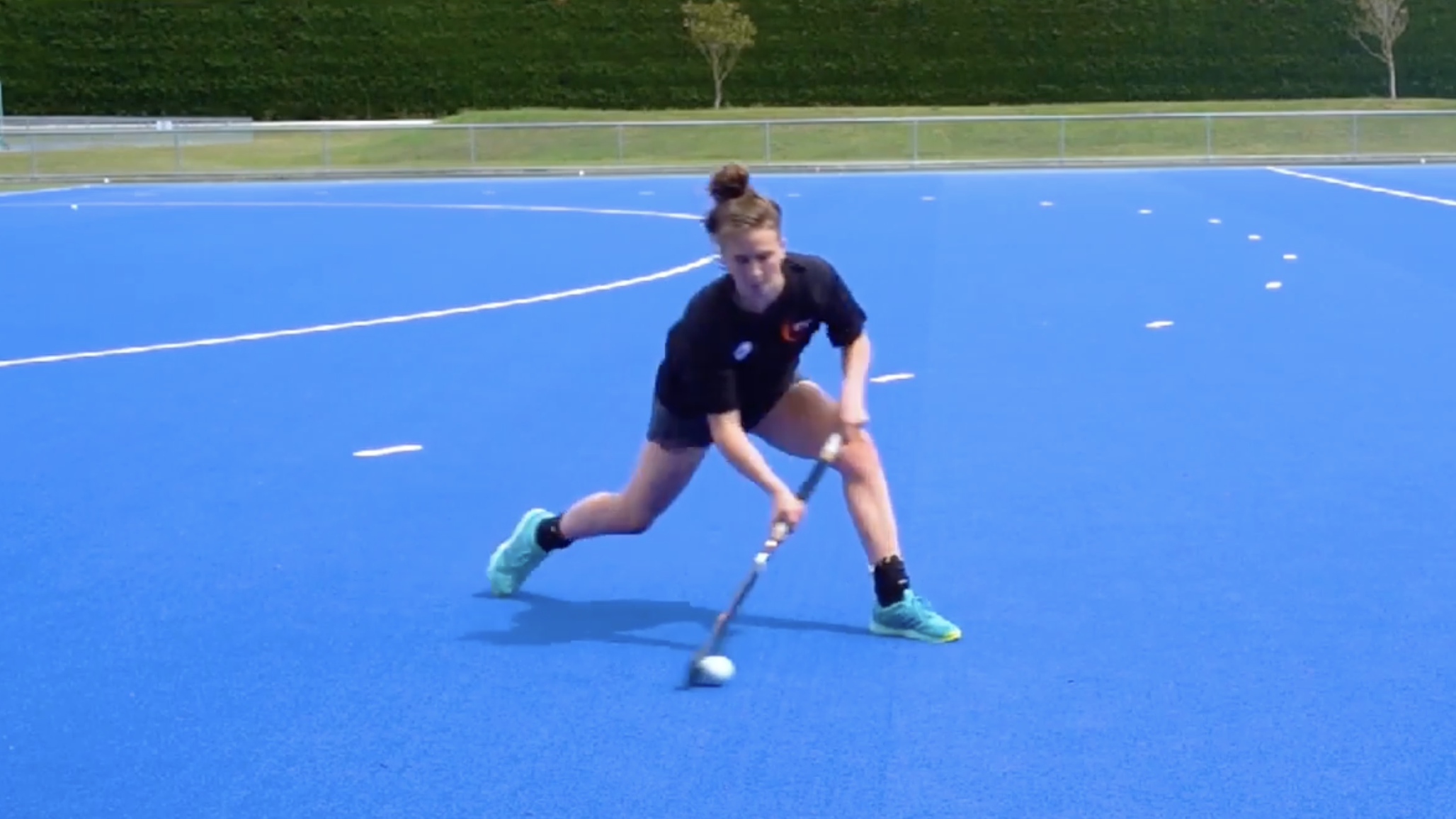Resources and insights
News, insights, and resources to help grow your game as a Coach or Player.

Mastering the Precision Pass: How Incremental Changes Can Transform Your Game
Small, daily changes in grip, body position, ball placement, and follow-through can make a huge difference in field hockey passing accuracy. Focus on improving just one detail at a time—over time, those 1% gains build muscle memory and confidence. Coaches can use simple drills like target passing and one-touch circuits to help players develop under pressure, tracking progress along the way. Parents play a key role by encouraging effort, celebrating growth, and keeping communication open with coaches. Perfect passing isn’t about instant results, but about steady, consistent practice—small adjustments lead to big improvements on the field.
Read post
Thank you! Your submission has been received!
Oops! Something went wrong while submitting the form.

Muscle Activation During the Warm-Up: Get Your Game On!
Warming up is crucial to unlocking your best performance on the field. Just like revving a sports car engine, muscle activation prepares your body to perform at its peak. By raising your heart rate, increasing blood flow, and enhancing coordination, you’ll prevent injuries and improve your game. A solid warm-up includes light aerobic activity, dynamic stretches, and muscle-specific drills like squats and lunges. Don’t forget sport-specific activation, such as stick handling and passing drills. This routine sets the stage for success—activate those muscles and take on the game with confidence!
Read post

Keeping Opponents Out of Your Head: Mastering Mental Strength on the Field
Mastering mental strength on the field is crucial for both players and coaches aiming to elevate performance. Hockey isn’t just a physical game; it’s a mental battle where opponents try to disrupt focus. To keep opponents out of your head, it's important to develop resilience and clarity. Start by establishing a pre-game routine, which could include visualisation, deep breathing, and self-affirmations to boost confidence. Stay present during the game by focusing on what you can control, like your positioning and communication with teammates. If distractions arise, practice self-talk control and engage with teammates to maintain focus. Setting boundaries is also key—confident body language and focusing on team goals can deter opponents from playing mind games. After the game, reflection through journaling or conversations with coaches can help identify what worked mentally. Incorporating mental drills into practice builds long-term mental strength, helping to prepare for high-pressure situations. Overall, mental strength is just as vital as physical skills in field hockey. By mastering these strategies, players can maintain focus and outsmart opponents, keeping them out of their heads and off their game.
Read post
.jpg)
Why focus during training is important for athletes
Focus is crucial for hockey athletes during training as it enhances skill acquisition, builds confidence, and improves tactical awareness. Concentration enables players to master techniques through targeted practice, absorb immediate feedback, and visualise success, reducing anxiety. Furthermore, focused training fosters situational awareness, adaptability, and mental toughness, allowing athletes to handle distractions and maintain performance under pressure. By prioritising focus, players not only refine their abilities but also cultivate resilience and emotional control, setting the stage for continuous growth and success in competitive play. Ultimately, focus is essential for achieving both physical and mental excellence in hockey.
Read post
.png)
